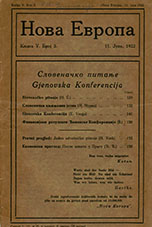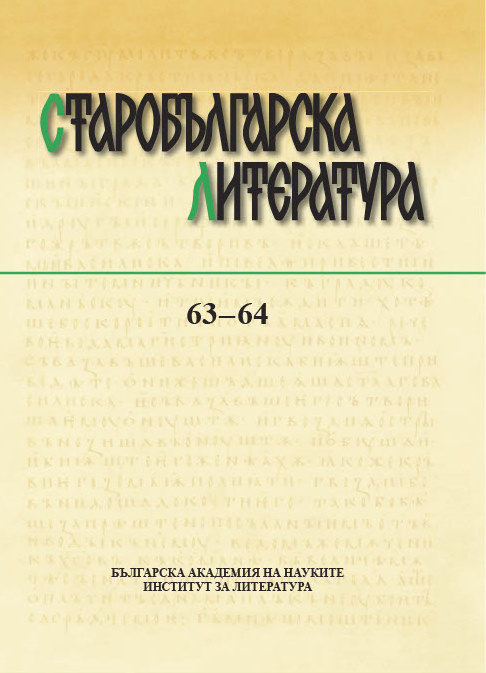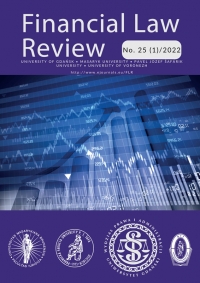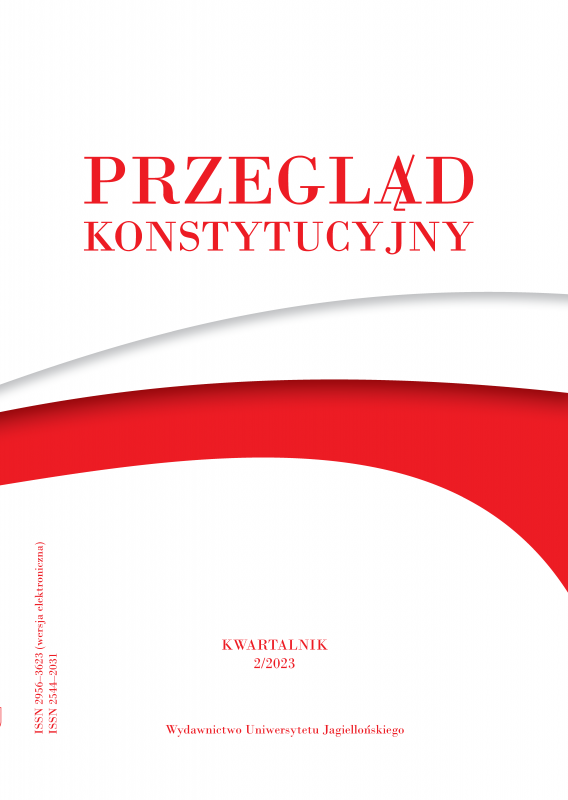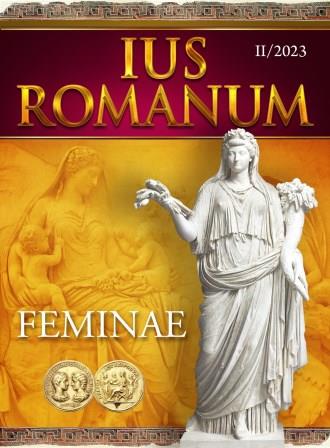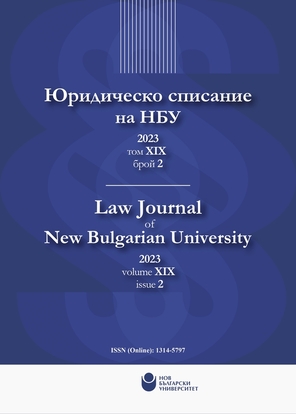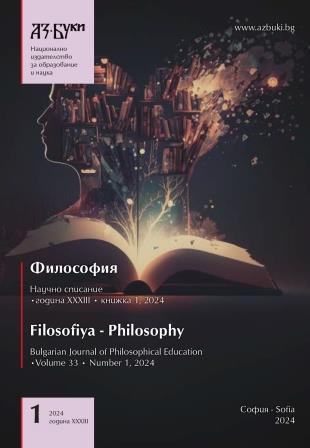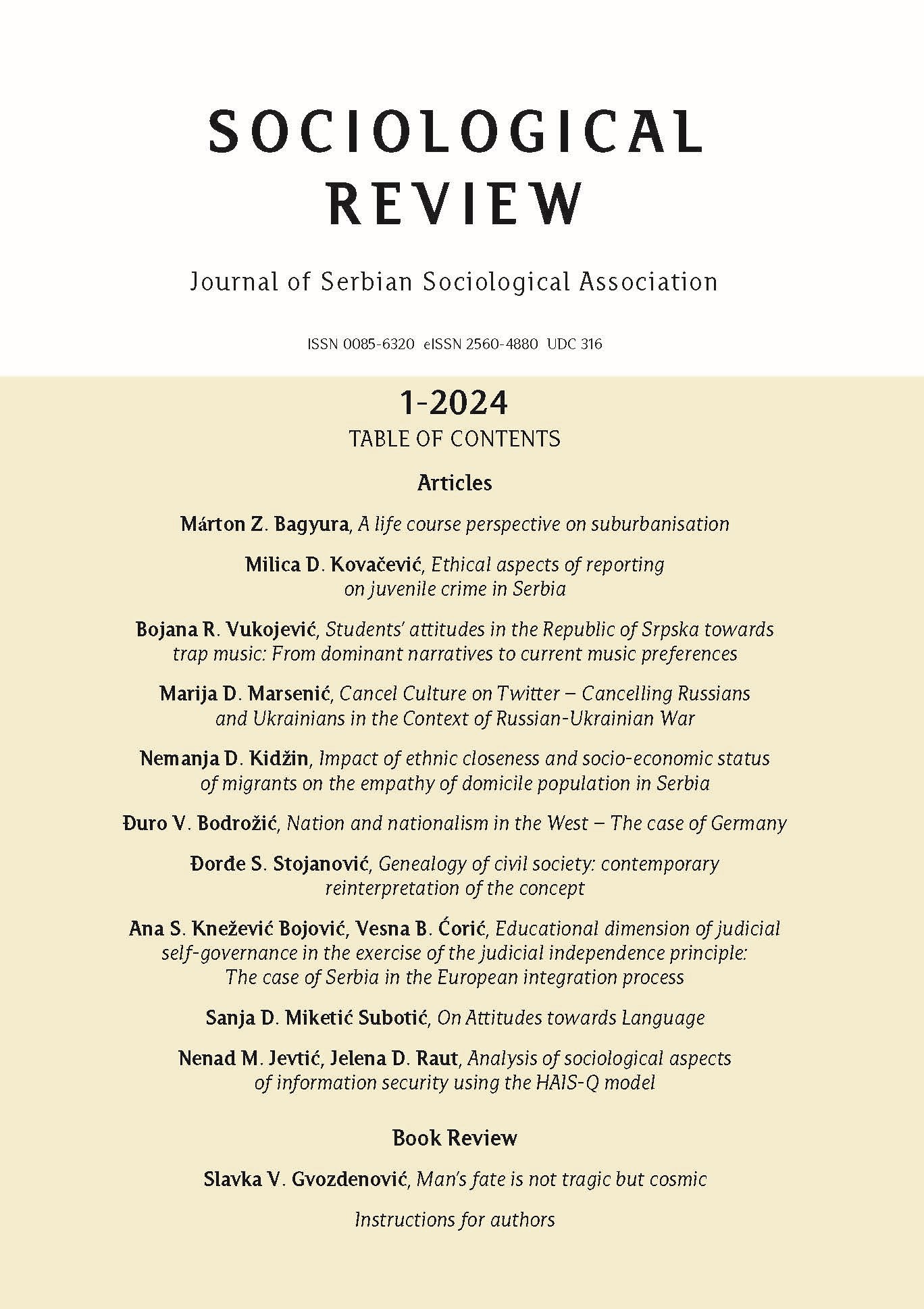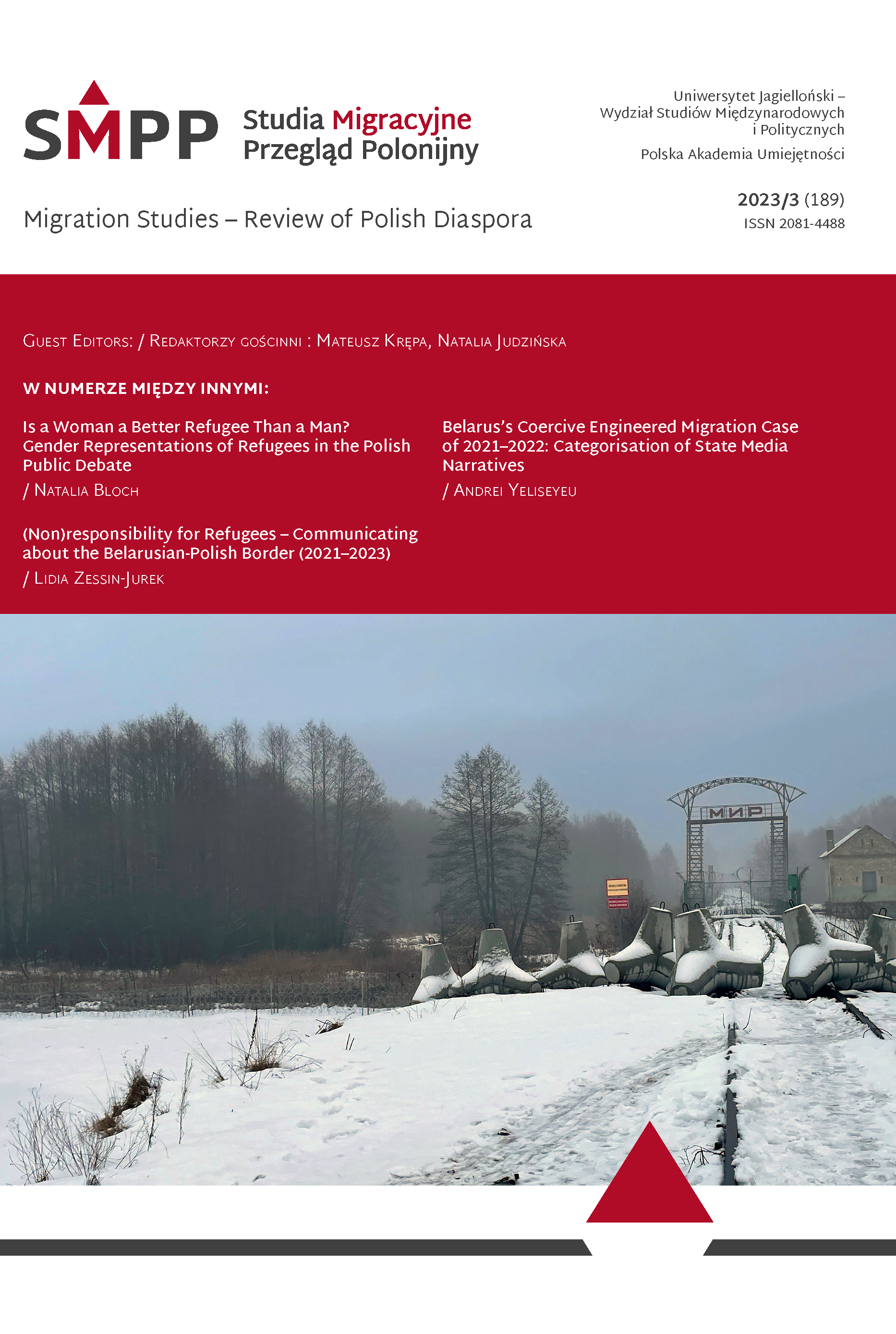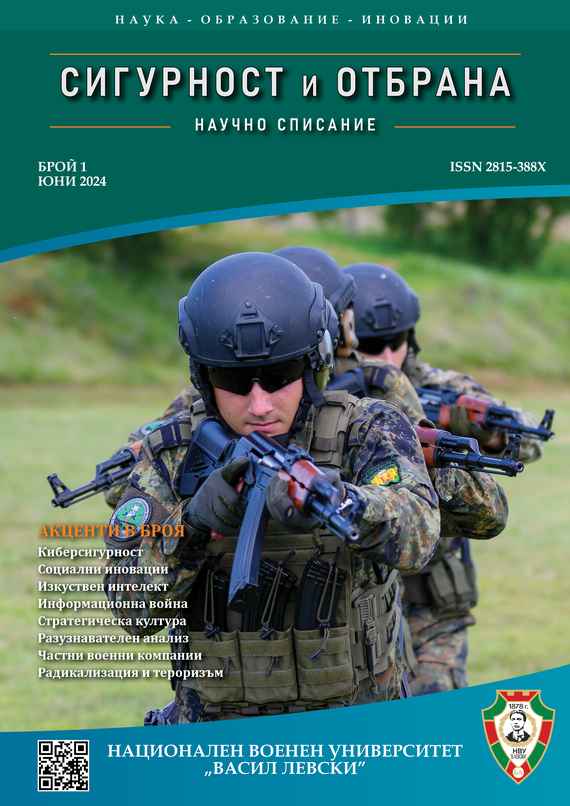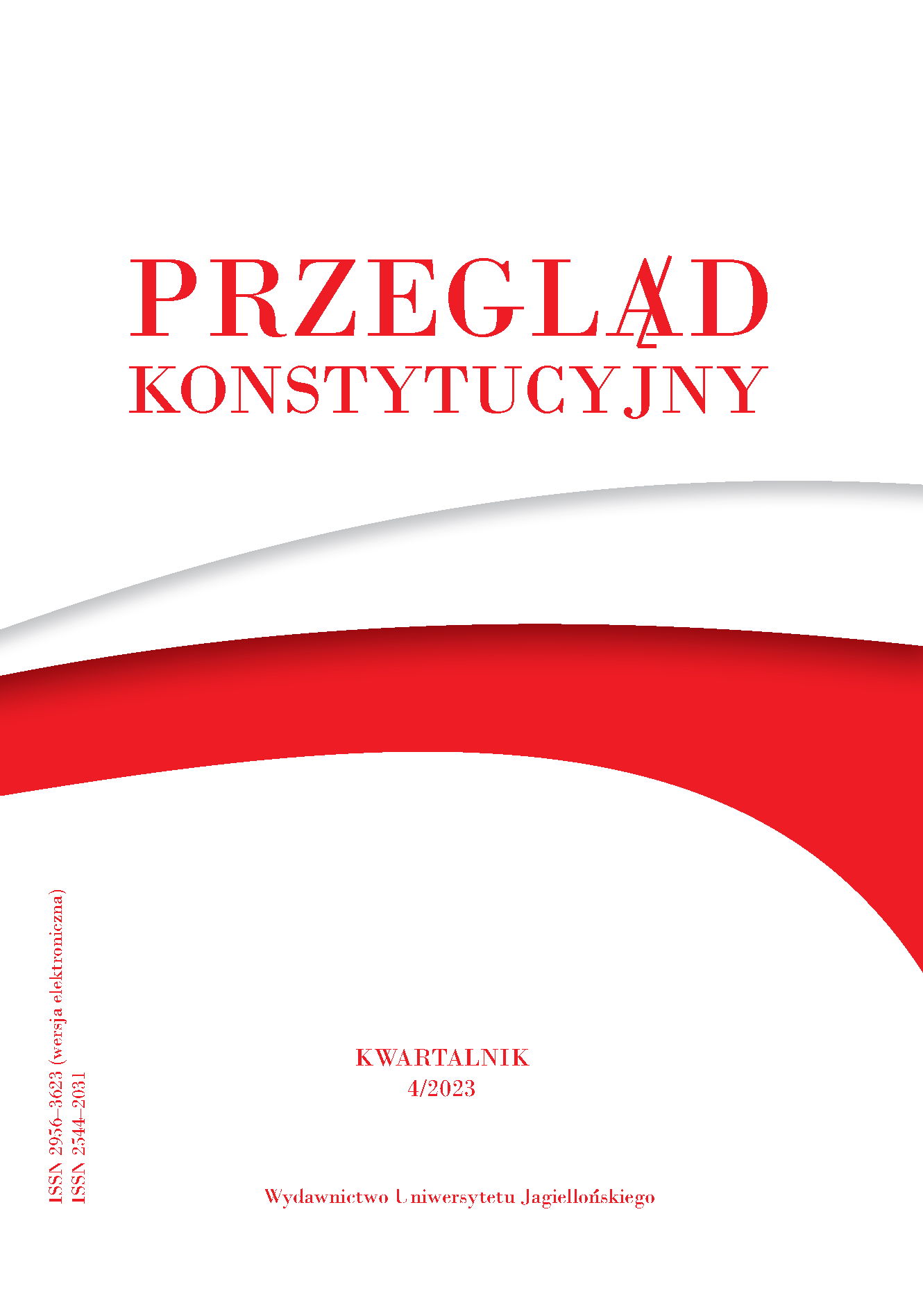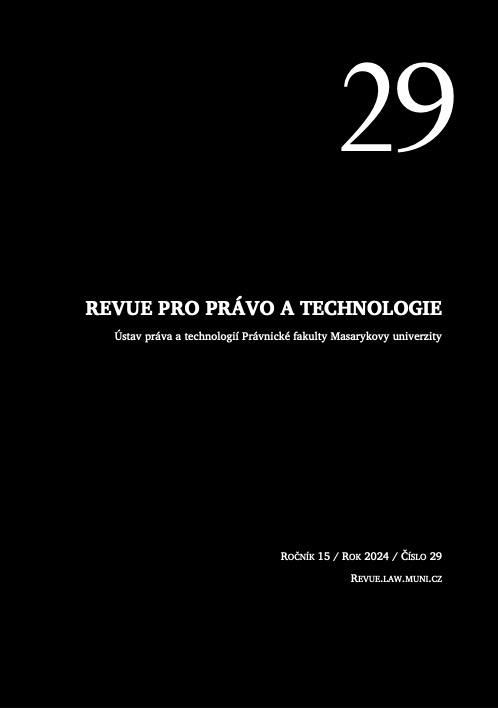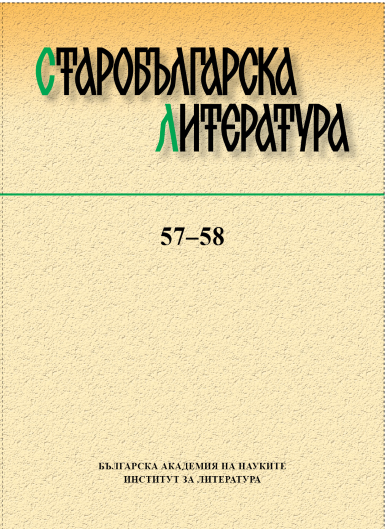
Градският закон и градското благоустройство в южнославянски контекст
The Byzantine Procheiros nomos, an official monument of secular law from 870‒879, has an unclear and convoluted history in the Slavic context. There is no extant complete translation of this text from the time of Tsar Simeon (893‒927); in the Nomocanon of 14 titles, translated in Preslav, there are only some excerpts from three of its titles. The first material witness to a complete Slavonic translation of the Procheiros is the Serbian Kormchaia of 1262 from Ilovitsa, which introduces also the Slavonic title of this legal corpus (“Закон градски,” or Urban Law), under which it later circulates in the Slavic milieu. Significantly, this title is not a calque of Πρόχειρος νόμος, but highlights the official character of the codex with its particular emphasis on the typical medieval urbanocentric notion of power.This article presents for discussion several terms referring to medieval architecture and urban development which are derived from the 38th title of the Procheiros. The author attempts to demonstrate how treating the medieval town as a complex symbol stimulated the terminological use of specific Slavonic words. At the same time, the urban perspective of the present study allows her lexical analysis to utilize the universality of Byzantine heritage in place of the traditional focus on ethnicity, linguistic domination, and opposition. The ultimate goal of this study is to reveal how this important monument of Byzantine secular power was adopted among the Slavs, enriching in the process the terminology of civic law. The article uses the following sources for comparison: MS HM. SMS 466 from the Hilandar Monastery on Mt. Athos; the Russian miscellany for judges Just Measure, and the official printed version of the Kormchaia (1650‒1653) from the time of Patriarchs Joasaph and Nikon. The complete Slavonic text of the title, according to the Ilovitskaia Kormchaia from 1262 is made available here for the first time in a typeset edition, for the benefit of future studies and/or contemporary translations into modern Bulgarian.
More...
